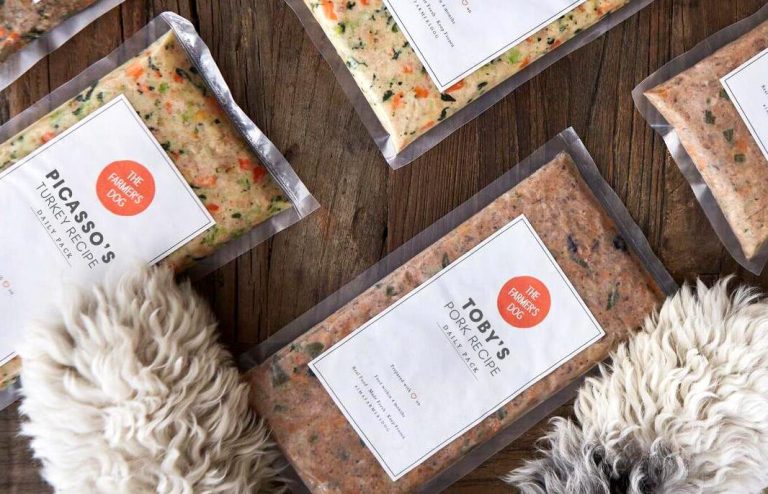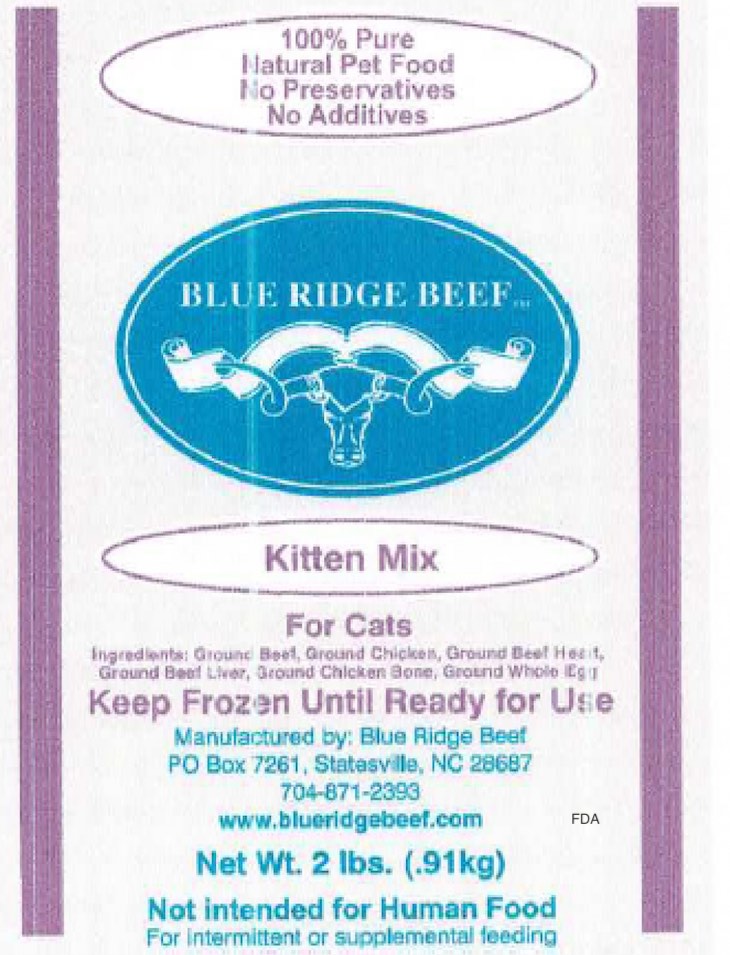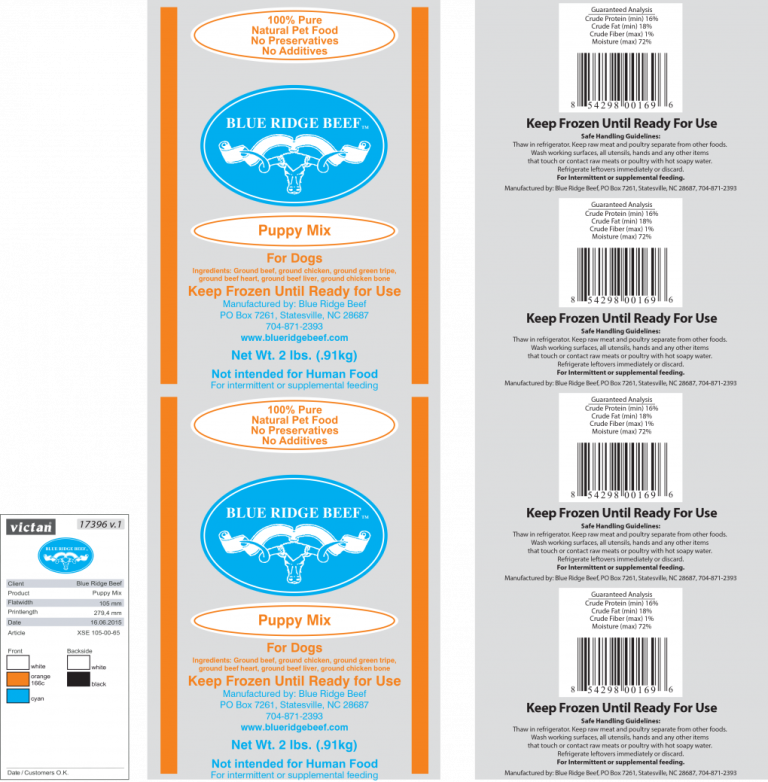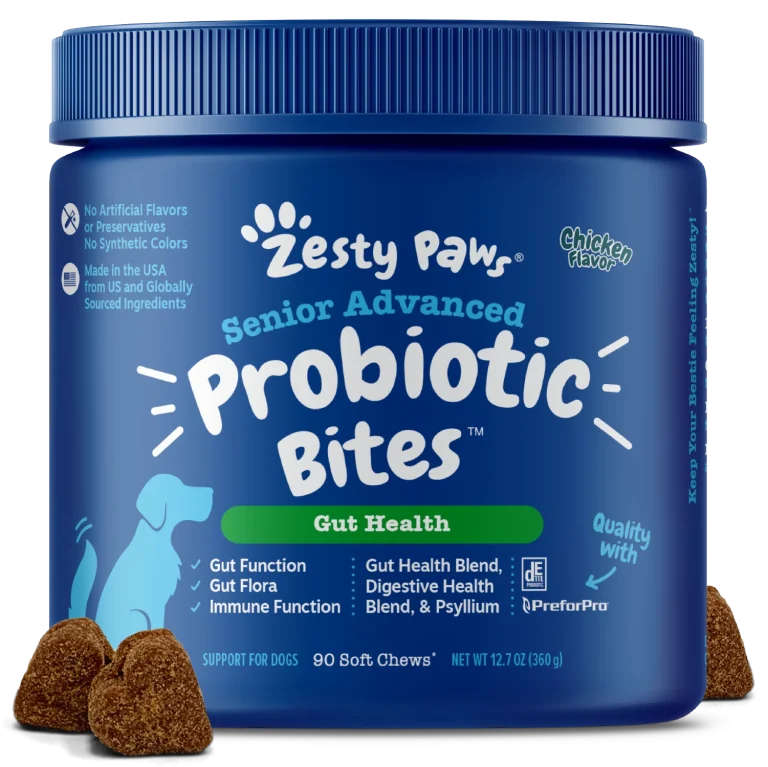What is the Best Dog Food to Feed Your Dog? The 3 Tiers of quality.
In general, the best dog food is homemade or raw dog food. That being said, the best dog food for your dog will be the highest quality food that you can afford that meets their nutritional needs.

The best dog food to feed your dog depends on their individual needs, including their age, breed, health status, and lifestyle. You can say the best dog food for your dog will be the highest quality food that you can afford that meets their nutritional needs.
Although a good quality kibble is acceptable, a fresh, homemade/raw diet will ultimately be more beneficial to your dogs health. A study by Dr. Gerard Lippert showed that dogs statistically lived 32 months longer on a less processed, homemade meal.


Don’t leave your pet’s safety to chance
Sign up for Petful recall alerts today.

1. Homemade Dog Food and Raw Dog Food
In general, the best dog food is homemade or raw dog food. Feeding raw and homemade dog food to your dog can offer several benefits, but it also requires careful planning and consideration. We suggest you work with a veterinarian or dog nutritionist to ensure that you are providing all the necessary nutrients to your beloved pet.
Benefits of Feeding Raw and/or Homemade Dog Food
- Improved Health and Longevity: As mentioned earlier, a study showed that dogs typically live on average, 32 months longer on a less processed diet.
- Control Over Ingredients and Quality: Homemade diets allow you to control exactly what goes into your dog’s food, ensuring high-quality ingredients and the avoidance of allergens or fillers.
- Customization: You can tailor the diet to your dog’s specific health needs, preferences, and dietary restrictions.
- No Additives or Preservatives: Homemade diets typically do not contain artificial additives, preservatives, or colors, which can be healthier for your dog.
- Improved Digestion: Many dog owners report better digestion and less frequent or smaller stools.
- A Natural Diet: Homemade and raw diets are closer to what dogs’ ancestors would have eaten, which some believe can be more biologically appropriate.
- Weight Management: A raw diet can help maintain an ideal weight, as it is often lower in carbohydrates and higher in protein.
- Variety: You can introduce a variety of ingredients and flavors, making meals more interesting and enjoyable for your dog.
- Allergy Relief: Some dogs with food allergies or sensitivities may benefit from a raw diet by avoiding processed ingredients and additives.
Considerations and Precautions
- Nutritional Balance: Both raw and homemade diets must be carefully balanced to ensure they meet all of your dog’s nutritional needs. Consult a veterinary nutritionist to formulate a diet that provides the right balance of proteins, fats, vitamins, and minerals.
- Food Safety: Raw diets can carry a risk of bacterial contamination (e.g., Salmonella, E. coli). Proper handling, storage, and sourcing of ingredients are crucial.
- Time and Effort: Preparing raw or homemade meals requires more time and effort compared to feeding commercial dog food.
- Cost: High-quality ingredients for raw and homemade diets are more expensive than commercial dog food.
- Regular Monitoring: Regular veterinary check-ups are essential to monitor your dog’s health and adjust the diet as needed.
Now we know that with these considerations in mind, you may think it is unfeasible to provide a homecooked or raw diet to your furry friend. Fortunately, there are a few brands that offer this service at a relatively affordable cost.
Human-Grade Fresh Dog Food Brands
- The Farmer’s Dog: Our review here | Cost here
- Ollie Pets: Our review here
- A Pup Above: Our review here
- Raised Right: Our review here
- We Feed Raw
- Kabo (Canada): Our review here

2. Dehydrated Dog Food and Freeze-Dried Dog Food
Dehydrated and freeze-dried dog food are also great alternatives to kibble as they are convenient while still keeping much more of their ingredient’s nutrient profiles. Although not as costly and time consuming as home-prepared/raw meals, dehydrated and/or freeze-dried dog food are still more expensive than kibble and are typically not as abundant in pet stores.
Benefits of Dehydrated Dog Food and Freeze-Dried Dog Food
- Nutrient Preservation: The dehydration process preserves most of the nutrients in the food, making it a healthy option.
- Long Shelf Life: Dehydrated dog food has a long shelf life, making it convenient to store and reducing the risk of spoilage.
- Convenient: Easy to store and transport, making it a good option for travel or camping.
- Lightweight: Dehydrated food is lightweight, which makes it easier to handle and store.
- Rehydration Benefits: Adding water to rehydrate the food can help with your dog’s hydration.
Considerations and Precautions
- Preparation Time: Dehydrated food needs to be rehydrated with water before feeding, which requires some preparation time.
- Cost: Generally more expensive than traditional dry kibble.
- Texture and Taste: Some dogs may not like the texture or taste of rehydrated food.
- Nutritional Balance: Ensuring that the food is nutritionally balanced can be more challenging than with commercial kibble.
Dehydrated Dog Food and Freeze-Dried Dog Food Brands
- Spot and Tango: Our review here.
- Sundays for Dogs: Our review here.
- The Honest Kitchen
- Redbarn Pet Products: Our review here.

3. Kibble and Canned Dog Food
Both kibble and canned dog food have their benefits and drawbacks. Kibble is convenient, cost-effective, and beneficial for dental health, but may lack moisture and palatability. Canned food is more palatable and hydrating, but can be more expensive, less convenient to store, and less beneficial for dental health. When choosing between these options, consider your dog’s specific needs, preferences, and any health conditions they may have. A combination of both can also be a good approach, offering the benefits of each.
Kibble Dog Food Brands
- Ollie Pets: Our review here.
- The Honest Kitchen
- Kabo (Canada): Our review here.
- Wild Earth (Plant-Based): Our review here.
Regardless which option you choose to be the best dog food for your pup, it is important that you choose a high quality dog food from a reputable brand. You can review our dog food recall center to see if any of the brands you are considering have had recalls in the past. You can also sign up for free pet food recall alerts below.







